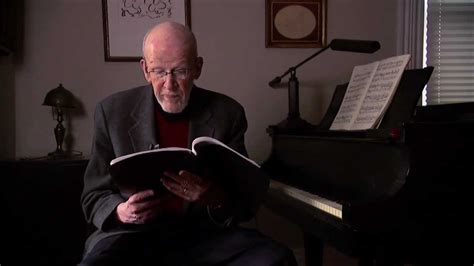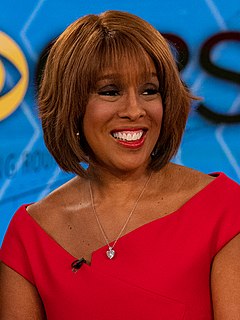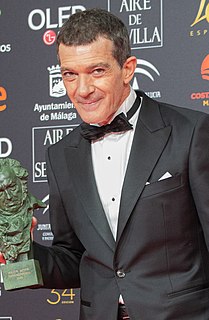A Quote by Josemaria Escriva
Don't neglect your spiritual reading. - Reading has made many saints.
Related Quotes
Reading changes your life. Reading unlocks worlds unknown or forgotten, taking travelers around the world and through time. Reading helps you escape the confines of school and pursue your own education. Through characters - the saints and the sinners, real or imagined - reading shows you how to be a better human being.
I grew up in this household where reading was the most noble thing you could do. When I was a teenager, we would have family dinners where we all sat there reading. It wasn't because we didn't like each other. We just liked reading. The person who made my reading list until my late teen years was my mom.
I think I'm still fed by my childhood experience of reading, even though obviously I'm reading many books now and a lot of them are books for children but I feel like childhood reading is this magic window and there's something that you sort of carry for the rest of your life when a book has really changed you as a kid, or affected you, or even made you recognize something about yourself.
Reading with an eye towards metaphor allows us to become the person we’re reading about, while reading about them. That’s why there is symbols in books and why your English teacher deserves your attention. Ultimately, it doesn’t matter if the author intended the symbol to be there because the job of reading is not to understand the author’s intent. The job of reading is to use stories as a way into seeing other people as a we ourselves.
The written word, obviously, is very inward, and when we're reading, we're thinking. It's a sort of spiritual, meditative activity. When we're looking at visual objects, I think our eyes are obviously directed outward, so there's not as much reflective time. And it's the reflectiveness and the spiritual inwardness about reading that appeals to me.
All spiritual growth comes from reading and reflection. By reading we learn what we did not know; by reflection we retain what we have learned. The conscientious reader will be more concerned to carry out what he has read than merely to acquire knowledge of it. In reading we aim at knowing, but we must put into practice what we have learned in our course of study.

































